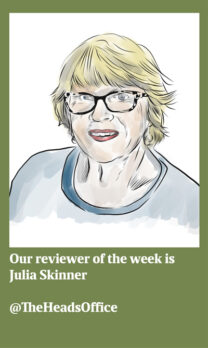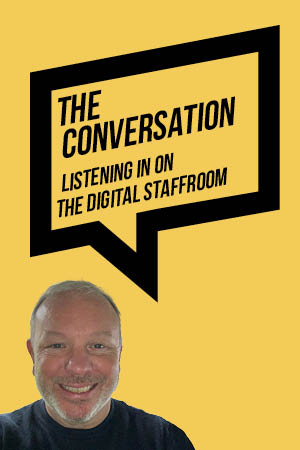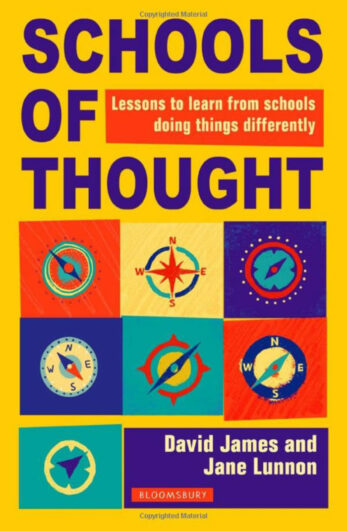Continuity, commitment, consistency, collaboration, challenge and driving dark clouds far away make up this week’s top picks of the education topics
What next? Early thoughts triggered by school responses to the coronavirus crisis
@brianlightman
If the current reality for schools is defined by anything, it is the three Cs of coronavirus, Covid-19 and crisis. This too shall pass, and we’ll move forward, but what will this look like for education? Brian Lightman is not advocating a particular approach, but rather poses questions. His hope is to engage us in thinking about what might be possible, rather than replicating the pre-Covid status quo by default. Looking at the use of time, curriculum, virtual learning, attendance and safeguarding, among others, he asks his readers to really think outside the box and envisage a very different structure for education.
Crisis leadership through Covid-19
@phildenton81
Phil Denton outlines his own three Cs – calmness, consistency and clarity – which, combined, create a sense of confident commitment. Although this piece is about school leadership from the viewpoint of a headteacher, much of it is appropriate to governing boards. Our commitment usually is not lacking, but our confidence can easily be – especially if we have not been included in the team ethic that the author refers to.
@d_a_ellison
Only one C-word matters for David Ellison: consistency. As a leader, he believes that making sure certain aspects of school life are consistent is a matter of providing the equity all children are entitled to. While recognising that this view may be contentious, the scenarios he presents make a forceful argument that without consistency, the quality of pupils’ experiences can be vastly different. As lockdown and its consequences continue to create huge variations, this is an important read for all school leaders in considering how best to close the gaps.
@dogpaws23
And as if the education sector is desperate to think of C-words other than the dreaded virus, Fee Stagg posts a blog framed by that letter. Here, she suggests that the seven key attributes of the governance competency framework – commitment, confidence, curiosity, challenge, collaboration, critique and creativity – may no longer be as appropriate as they were.
Instead she offers compassion as an educational value we have seen more of and hopefully come to realise the need for. Flowing from that is the need to ensure curriculum is a good reflection of our communities and their cultures. She recognises that decisions about these matters are complex and require boards to be consistent, which we will only achieve through connections and – as is too often forgotten – celebration. Perhaps the framework is unlikely to change, but this is a positive and useful lens to see our work through.
Visible governance – the importance of public information
@HoyleRosemary
No C-words here, but a challenge nonetheless. Following the National Governance Association’s launch of #VisibleGovernance, Rosemary Hoyle takes boards to task over hiding their lights under bushels. She suggests boards use their school’s website as the starting point for explaining their work. Too often limited to statutory details, it has real potential as a window into governors’ responsibilities and actions. Hoyle also calls on governors to use social media in a proactive, positive way to meet their communities.
Planning for September: We’ll meet again
@NGAEmmaK
Picking up on the words of a song that saw the nation through a war, Emma Knights’ rallying cry outlines the chaos that has been the guidance from government; not necessarily in respect of content but its continual issuance. She emphasizes that the time between now and September when it is expected that schools will reopen fully needs to be used for planning and preparation not only in terms of continuing to be Covid-safe but also to consider how we will close those learning gaps.








Very interesting article..you must share more articles
thank you for sharing such wonderful article….great job ..
the blog is helpful and interesting..